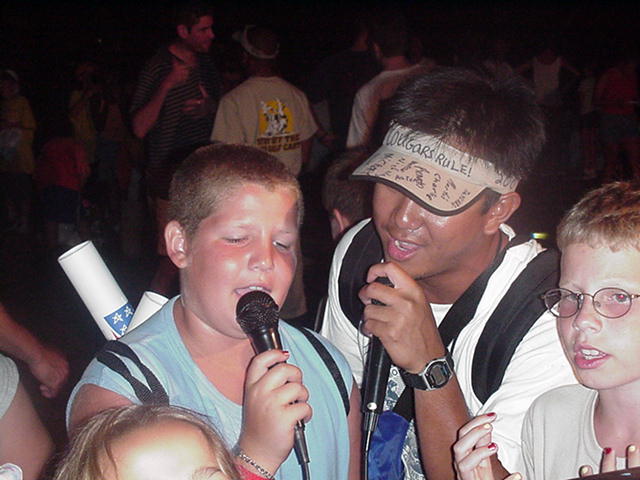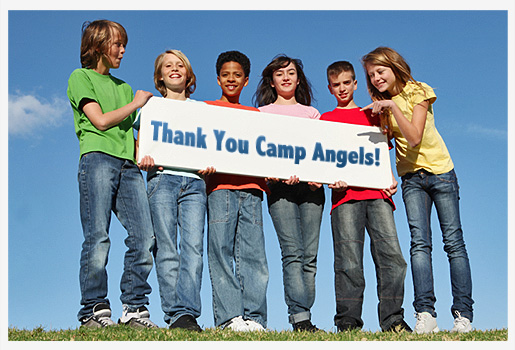Why help a child to diabetes camp?

Recent research has shown that diabetes camps are the best place to teach children how to manage Type 1 diabetes. Below are some of the reasons why camp is so important for children living with diabetes.
Children with diabetes often feel alone; sure they can share their feelings with their family and friends, but their family and friends don’t have diabetes. The children long to share their feelings with someone who has diabetes. Diabetes camp is a place where the campers do not feel different. The campers all have diabetes and blood glucose monitoring becomes the norm, not something that makes the camper feel different.
In addition, camp offers diabetes education by professionals who have experience working with children. Camp is a child friendly atmosphere where expertise is offered by diabetes specialists. Diabetes camp also offers the same benefits of any other residential camp-games, new friends, and a lot of fun!
Summer camps offer educational experiences ranging from socialization to living away from home, to discovering nature. New skills will be developed, including boating, swimming, arts and crafts, dancing, archery, soccer, basketball, fishing, singing and many others. And, there are medial professionals on-site who specialize in diabetes care, relieving any diabetes-related worries for the parents.
Positive peer education is easily established at camp. Positive peer education is the reason that many children learn to give their first insulin injection or learn to check their blood glucose levels. Others learn to adjust their insulin or count carbohydrates. Peer pressure and positive role models are the some of the greatest educational tools at diabetes camp.
Camp also offers socialization with others who have diabetes, including staff and campers. Diabetes camp breaks the barriers between health professionals and the campers. The physicians are no longer the people in white coats that pop into a room to “look over” the child for a few minutes. The camp physicians go to activities and spend the time with the children at camp. They eat with the children in the same dining hall and play the same games as the campers.
Finally, camp works well as a diabetes educational tool because it uses “teachable moments”. For example, when a child experiences a low blood sugar at camp, the staff use it as a teachable moment. Signs and symptoms are discussed and treatment of a low is recognized by campers.
Physicians review blood sugar levels with the campers during blood glucose monitoring periods and work with the campers to adjust insulin levels. Teens especially benefit from “teachable moments” and learn to adjust their insulin levels at camp. In short, camp is an enjoyable way to learn about diabetes! Camper Quote: “I like diabetes camp because people see me for who I am, not the condition [diabetes] I have.”
A Campers Experience
Hi, my name is Marissa.
I was diagnosed with juvenile diabetes when I was six years old. My first experience with Florida Diabetes Camp was the Family Weekend. This was great for me because I met my first friend with diabetes. Her name is Ali. Not only did I find a friend, but my parents became friends with her parents.
Two summers ago I went to Pee Wee Camp. This was so much fun. The counselors were very nice and we did lots of activities. The best part for me was I learned how to give myself my own injections of insulin.
Last summer I went to Camp Winona. There is a lake that is really great to swim in. They have a blob in the lake that most of the kids love playing on. It was great for me to spend time with other kids who are diabetic.
At Camp Winona I was really proud of myself when I learned how to change my pump by myself!
All of our campers come from financially challenged families and receive partial scholarships.
We invite you to become a Camp Angel by sponsoring a child to attend camp.
Camp Angels is a 501(c)(3) organization and all donations are tax-exempt in accordance with IRS regulations.

